Einstein changed our scientific understanding of the universe . He also was and remains a tangible figure in the history of science and humanity in general. Having gained worldwide fame for his research, which culminated in the Nobel Prize in 1922, Einstein made good use of his newly acquired fame. He used his influence on the world stage to advance and fight for global development and unity.
We bring to your attention a list of 10 interesting facts about Albert Einstein: biography and stories from the life of the great scientist who changed the world.
- 10. Einstein was a peacemaker and tolerant person
- 9. Always had a sloppy look
- 8. Second wife – his second cousin
- 7. Considered himself a person without nationality
- 6. Honorary Doctor of about 20 universities in the world
- 5. One of the founders of modern theoretical physics
- 4. Could become president of Israel
- 3. Author of over 300 scientific papers in physics
- 2. Laid the beginning of a new scientific revolution in 1905
- 1. Opposed Nazism
Table of Contents
10. Einstein was a peacemaker and tolerant person
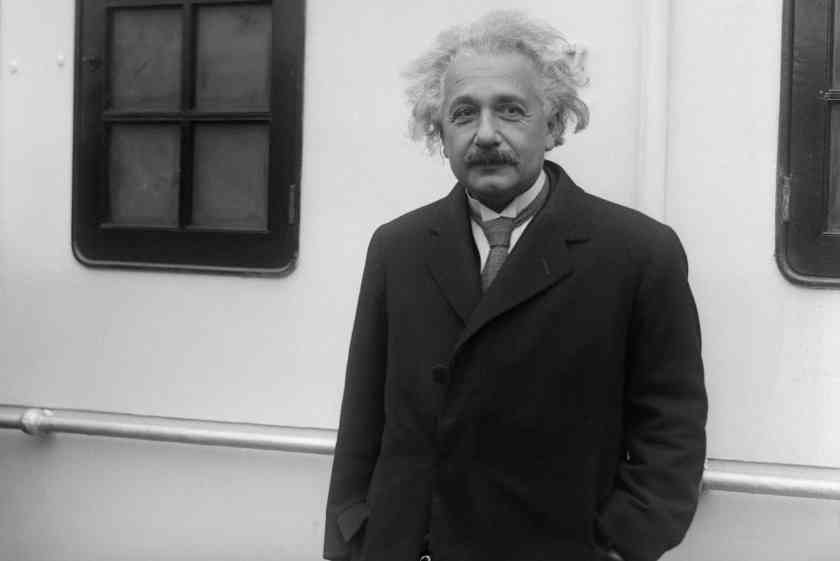
Einstein was a passionate pacifist . As World War I raged across Europe, many of Einstein’s colleagues put forward the Ninety-Three Manifesto . This document expressed their unconditional support for the war. Einstein tried to put forward a counter-manifesto, but to no avail. Einstein continued to be an ardent ambassador for peace throughout his life.
He understood the political turmoil caused by world hunger. Einstein once remarked, ” An empty stomach is not a good political advisor .” The physicist witnessed the consequences of poverty. After emigrating from Nazi Germany, Einstein saw how the need for food and basic resources creates domestic instability and can swallow the world in chaos.
He believed in equality. Einstein also put his name, along with thousands of others, in Magnus Hirschfeld’s petition. This petition was in direct violation of Section 175 of the German Penal Code, which prohibited homosexuality in Germany.
9. Always had a sloppy look
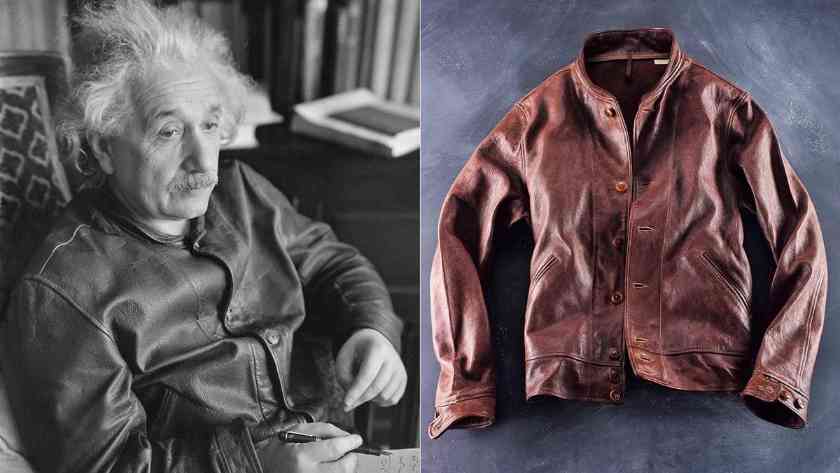
During his lifetime, Einstein was really considered untidy , but now his style is rethought and he is called a mod. He did not like to have many things, so he wore the same thing for a long time, even if the clothes began to lose their appearance.
Among the scientific genius’s favorite items was his brown leather Levi’s jacket. He first appeared in it in photographs around the mid-30s, at the height of his fame.
” These clothes were acquired by Einstein while he was becoming a US citizen in the mid-1930s, ” the company says. What can I say, this brand Einstein did a great advertisement without wanting to.
8. Second wife – his second cousin
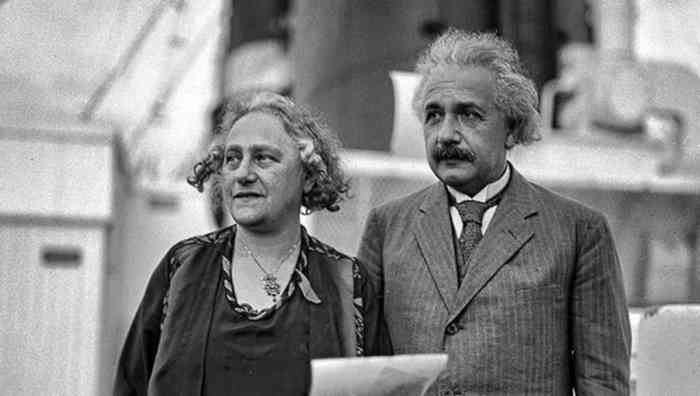
Elsa and Albert were cousins: their fathers were cousins . They both spent their childhood together, laying the foundation for a strong friendship. As adults, they reunited when Albert moved to Berlin for work.
Elsa lived there with her two daughters. She was recently divorced from her first husband. The two began a romantic relationship, and the rest, as they say, is history.
7. Considered himself a person without nationality
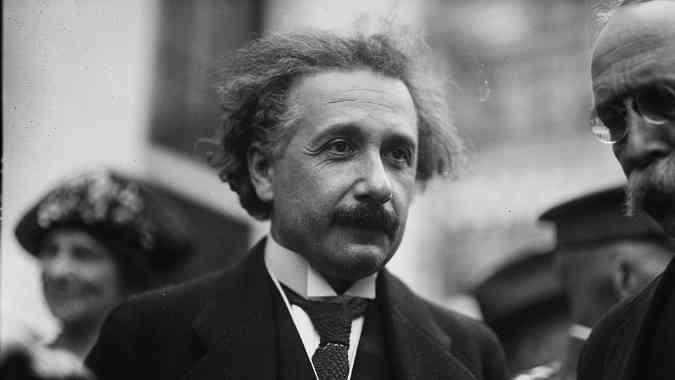
He did not claim nationality. Einstein was a 20th century man without a country . In other words, he was a self-proclaimed ” citizen of the world .” He was an ardent supporter of world government, which is a body capable of transcending nationalist tendencies.
As he wrote in his open letter to the United Nations General Assembly in 1947, he feared that institutions such as the UN would become a toothless bureaucracy. He advocated a global, apolitical body above all governments.
In addition, he believed that this would expand the UN’s powers over individual nations. This, according to Einstein, would be the surest way to prevent a new world war and the use of newly acquired nuclear weapons.
6. Honorary Doctor of about 20 universities in the world
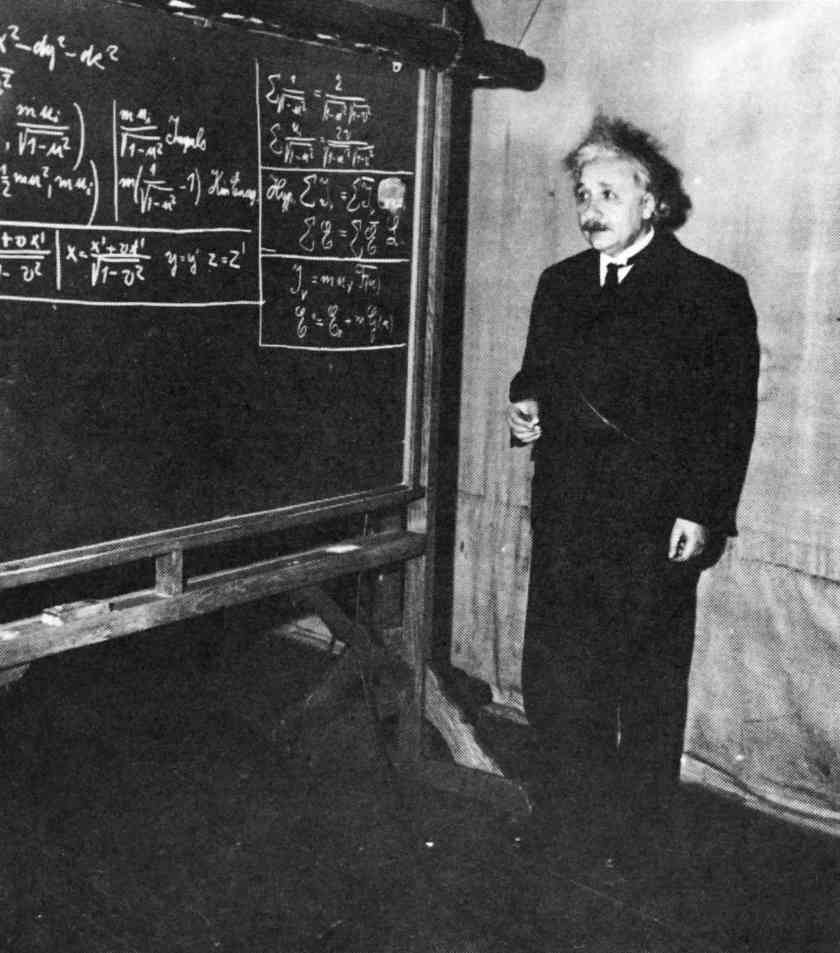
To become a Doctor of Science, you first need to write and defend a doctoral dissertation (and before that – a candidate’s). The title of honorary doctor is awarded for merits in the aggregate and does not require confirmation, so a couple of dozen of them were given to the great scientist . Also in 1926 he became an honorary foreign member of the USSR Academy of Sciences .
5. One of the founders of modern theoretical physics
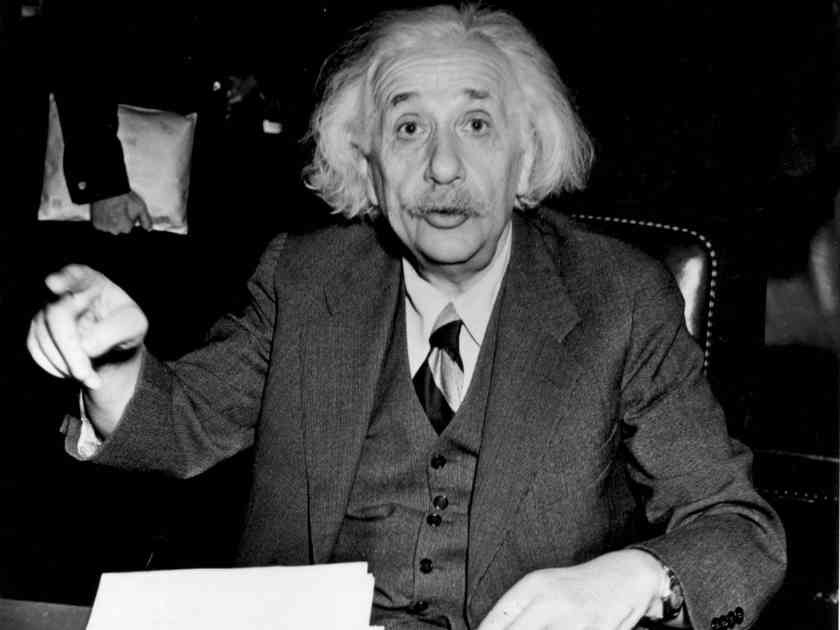
If not for the scientific research of Albert Einstein, then perhaps the modern world would have been somewhat different. Of course, other scientists would have come to the same conclusions and made the same conclusions, but the personality of the great physicist would not stand behind them. Special and general theories of relativity, the quantum theory of heat capacity and photoelectric effect – for this and much more the world should be grateful to him .
4. Could become president of Israel

After the atrocities against the Jewish population during the Nazi regime, Einstein became a clear advocate of the creation of a Jewish state. Although he supported the creation of Israel, Einstein did not agree with some of the necessary characteristics of a state, such as borders or a standing army. Therefore, although he would lobby for support for such a nation, he never lost touch with his pacifist roots.
Einstein was even offered the presidency of Israel in 1952. He turned down this opportunity , saying: ” I am deeply moved by the proposal of our State of Israel and immediately saddened that I cannot accept it . “
3. Author of over 300 scientific papers in physics
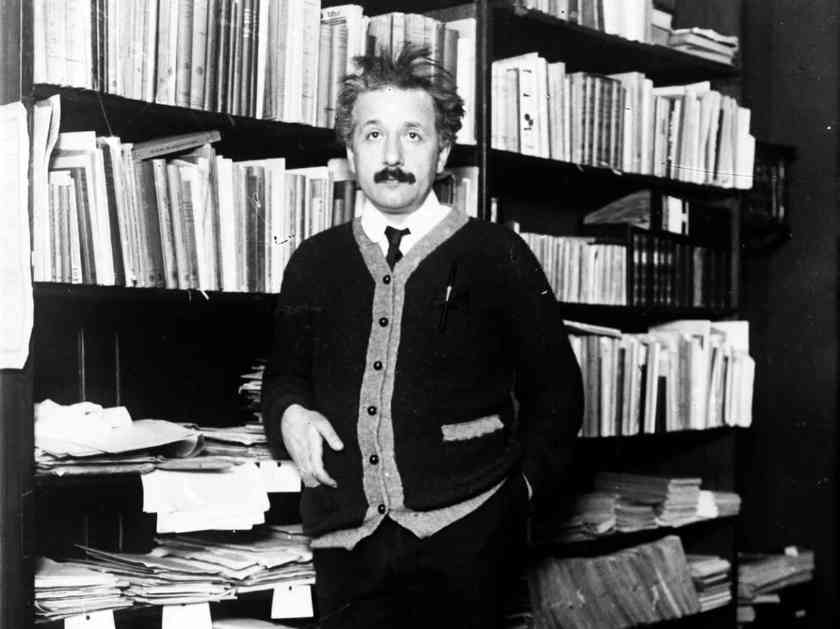
Einstein was “ passionately curious ” all his life, and he was also hardworking and ingenious. Despite such an impressive figure – more than 300 works – the most memorable is his special theory of relativity , which he put forward in 1905.
2. Laid the beginning of a new scientific revolution in 1905
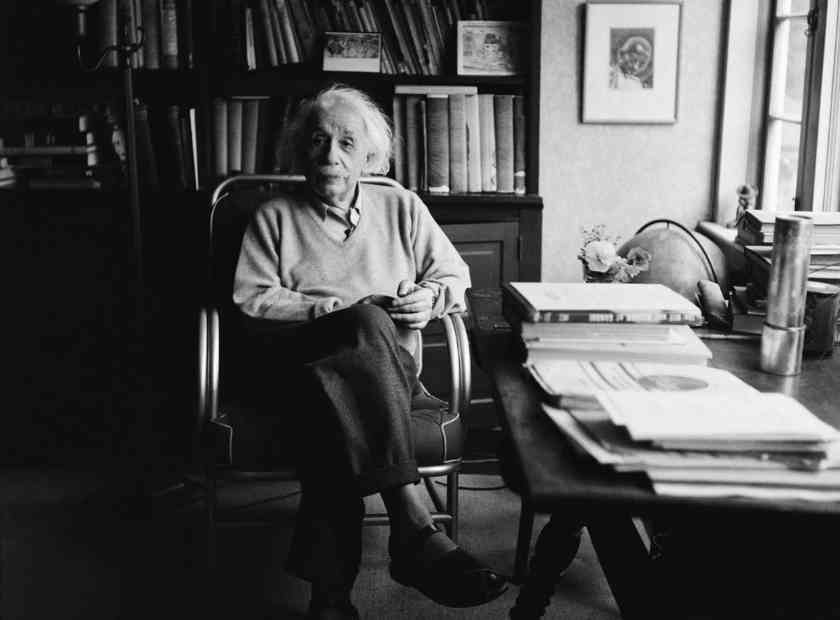
The above-mentioned theory, which “reconciled” Galileo’s principle of relativity and the observed constancy of the speed of light , thereby solved one of the largest scientific paradoxes of physics in the 19th century. It is now the fundamental foundation.
1. Opposed Nazism
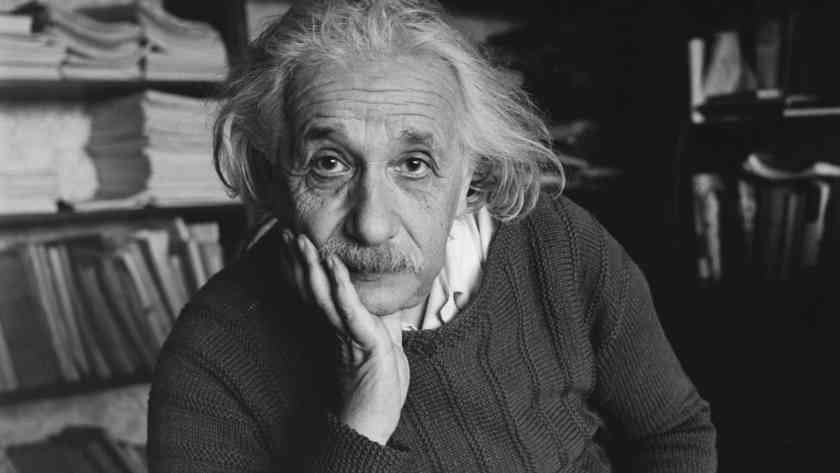
Einstein was a refugee from Germany. Adolf Hitler’s regime threatened Jewish intellectuals like Einstein . Because of this, he was one of 125,000 Germans who immigrated to the United States to escape persecution between 1933 and 1945.
After World War II, Einstein could not help but notice some of the depressing similarities between the institutionalized segregated treatment of German Jews and racism in America.
Einstein gave up his appearances at prestigious American universities. Instead, he decided to speak at the historically black Lincoln University in 1946. He is quoted as saying: “ Race division is not a disease of people of color. This is the disease of white people. And I’m not going to be silent about it . ” This was a rather controversial and bold statement at the time.
To promote a freer and more just society, Einstein was an advocate of socialism rather than capitalism as the dominant social, political, and economic ideology.
In his article “Why Socialism?” Einstein stated: “I am convinced that there is only one way to eliminate this serious evil: the creation of a socialist economy, accompanied by an educational system that will be oriented towards social goals .” Einstein believed that socialism would instill in people a sense of collective responsibility towards each other, ” instead of glorifying power and success in our modern society .”
